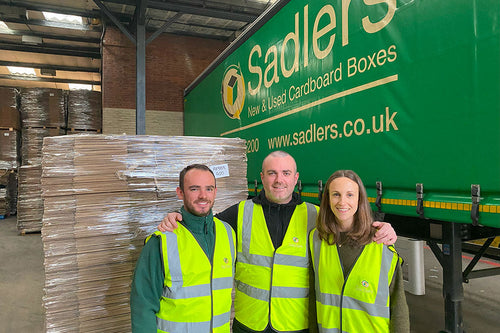When sustainable practices give you a competitive edge...

... and why you'd want to keep it to yourself!
In an article entitled 'Why industry is going green on the quiet', The Guardian recently reported that so-called 'secret sustainability' is on the rise and questioned why companies would want to keep green initiatives quiet in an age of increased consumer awareness and demand for sustainable products and processes.
Copycats
A major theory proposed in the article is the idea that initiatives to improve resource efficiency for example, such as cutting energy and water use, give companies a competitive edge by reducing costs and increasing profits, and by publicising such ideas they could open themselves up to copycat behaviour from similar businesses.
Quality
Another concern raised by the secretly sustainable companies is that consumers may associate ethical, sustainable or organic labels with lower quality, particularly in products like wine. By producing organically, a vineyard can improve the long-term quality of its soil, again, providing a competitive edge if kept quiet.
Cynicism About Greenwashing
One final problem with publicising sustainable projects is potential cynicism from consumers - concerns about greenwashing, defined as 'conveying a false impression that a company or its products are more environmentally sound than they really are' [source].
On the other hand, consumers actively seek out companies that are making efforts to improve their processes in order to protect people and the planet via their supply chain and manufacturing. There are both pros and cons to publicising environmentally friendly practises.
Do you worry about greenwashing cynicism? Would you keep your resource efficiency adaptations a secret or would you want to share news of your developments? How would you determine the costs and benefits of this kind of publicity at your company?
These are all pertinent questions and ones being asked in boardrooms across the globe.
Featured Articles

December 03, 2025
Options for Recycling Cardboard Boxes
How to recycle cardboard waste: a guide for business and the home The principles of recycling have b...

November 27, 2025
We are WINNERS of a National Recycling Award!
We're thrilled to announce a big win at the MRW National Recycling Awards 2025! Our pioneering cardb...

October 08, 2025
We’ve been shortlisted for the National Recycling Awards!
We’re excited to announce that we’ve been shortlisted in the circular economy category at the Nation...

July 17, 2025
Sadlers becomes Sustainability West Midlands Member
Back in February this year we made the decision to join the Sustainability West Midlands network whi...